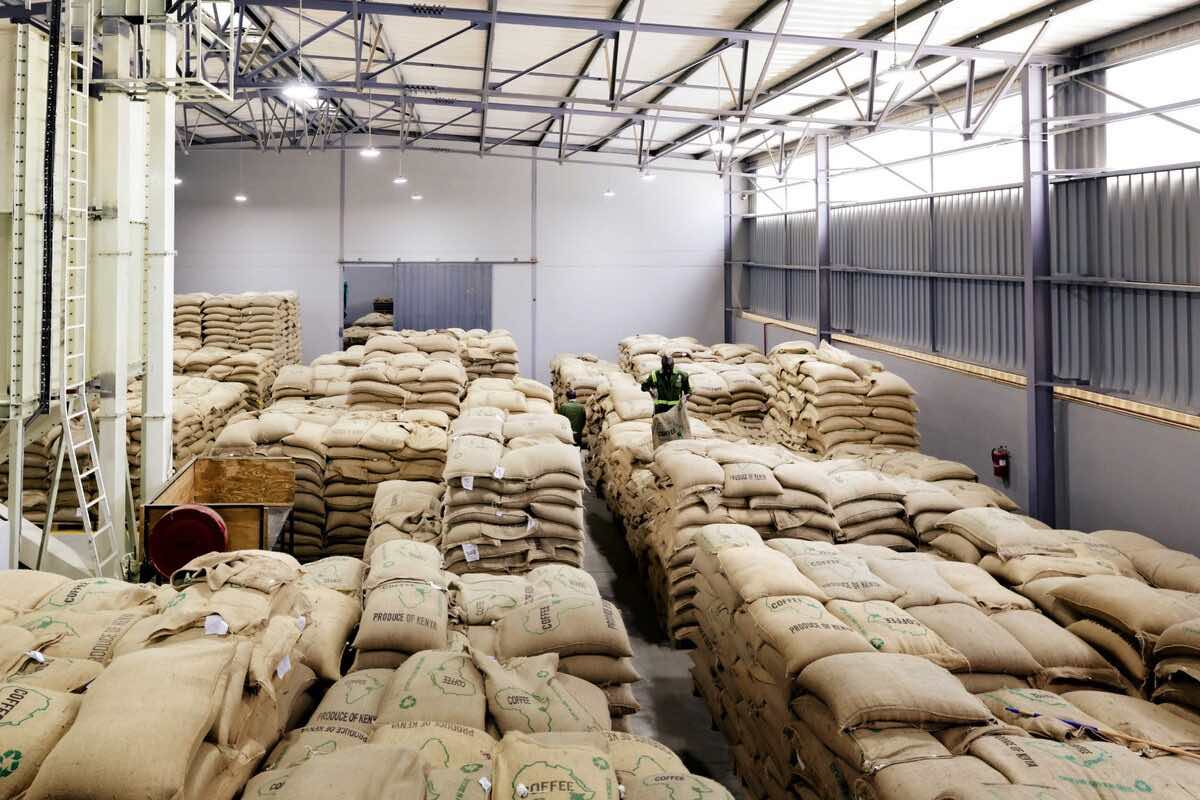
A Strategic Move for Cost Efficiency in the Green Coffee Trade
In today’s competitive economy, green coffee exporters and importers are centralising their operations to cut costs and enhance efficiencies. This strategic shift allows companies to streamline processes, consolidate functions, and leverage economies of scale, ultimately optimising resources and boosting productivity.
The Drive Towards Centralisation
The push towards centralisation is driven by a need to reduce costs amidst inflation, fluctuating market prices, and supply chain disruptions. By centralising operations, companies can consolidate various functions, such as procurement, logistics, and customer service, into a single hub. This consolidation enables more effective management, streamlined communication, and better coordination across different departments.
Benefits of Centralisation
– Economies of Scale: By centralising functions, companies can capitalise on bulk purchasing and standardised processes, reducing overall costs.
– Enhanced Efficiency: Streamlined operations lead to improved workflow, quicker decision-making, and reduced redundancy.
– Better Resource Utilisation: Centralisation allows for optimal allocation of resources, ensuring that every asset is used to its full potential.
The Role of Technology in Cost-Cutting
Technology plays a crucial role in the centralisation and cost-cutting efforts of green coffee exporters and importers. Since 2021, the percentage of remote workers in Latin America has surged from 3% to 30%. This shift towards remote work has been facilitated by advancements in digital platforms, data analytics, and communication tools.
Leveraging Digital Platforms
– Trading and Procurement: Digital platforms streamline the trading and procurement processes, enabling real-time transactions and reducing the need for intermediaries.
– Data Analytics: By utilising data analytics, companies can gain insights into market trends, customer preferences, and supply chain efficiencies, helping them make informed decisions.
– Communication Tools: Enhanced communication channels facilitate better coordination among remote teams, ensuring smooth operations despite geographical distances.
Challenges and Considerations
While centralisation and cost-cutting initiatives offer significant benefits, they also present certain challenges. The green coffee trade operates within tight profit margins, and there is a risk that short-term savings could lead to long-term costs if not managed carefully.
Balancing Short-Term Savings with Long-Term Goals
– Customer Satisfaction: It’s crucial to maintain high levels of customer satisfaction even as companies streamline operations. Poor service quality can harm brand reputation and lead to loss of market share.
– Market Responsiveness: Companies must remain agile and responsive to market changes to stay competitive. Over-centralisation could slow down decision-making and hinder market responsiveness.
– Sustainable Growth: While cutting costs is essential, investing in innovation, quality assurance, and customer service is equally important for sustainable growth.
Optimising Supply Chain and Inventory Management
To mitigate cost pressures, green coffee exporters and importers are focusing on optimising transportation routes, negotiating favourable contracts with suppliers, and implementing efficient inventory management practices.
Key Strategies
– Transportation Routes: By analysing and optimising transportation routes, companies can reduce fuel costs and delivery times.
– Supplier Contracts: Negotiating favourable terms with suppliers helps secure better prices and more reliable supply chains.
– Inventory Management: Efficient inventory management reduces storage costs and minimizes the risk of overstocking or stockouts.
Conclusion
The trend towards centralised operations and cost-cutting measures is reshaping the green coffee trade. While these strategies offer significant short-term benefits, companies must balance them with long-term considerations to ensure sustainable growth. By leveraging technology, optimising supply chains, and maintaining a focus on customer satisfaction, green coffee exporters and importers can navigate the complexities of a competitive market and position themselves for long-term success.
Servicoff Limited is committed to staying ahead in this evolving landscape by continuously enhancing operational efficiencies and prioritising value creation for our stakeholders.






